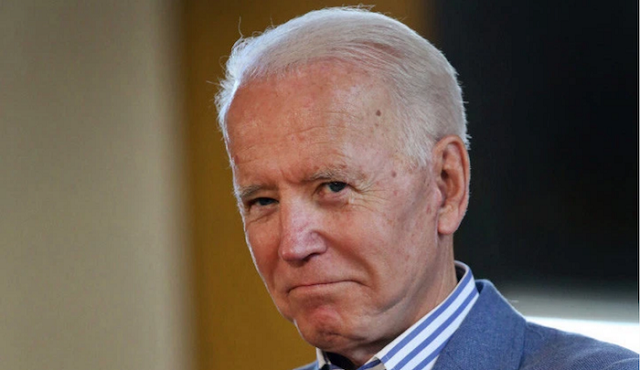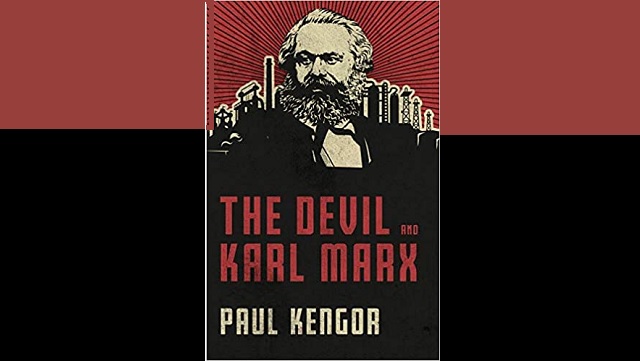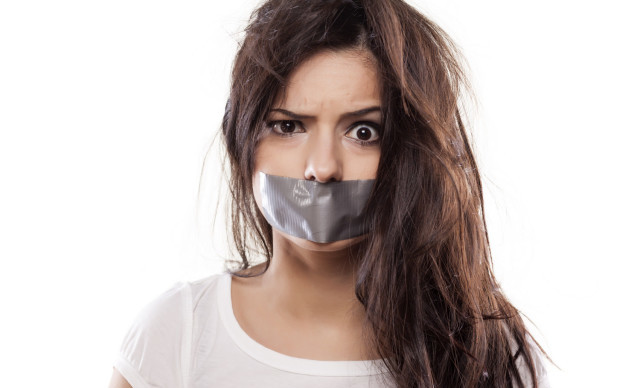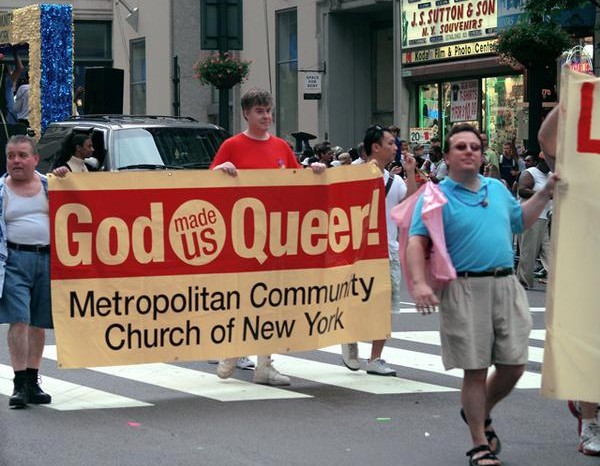Gallup Polls Show Increase in Unbelief and Uncertainty, and It’s Not Surprising
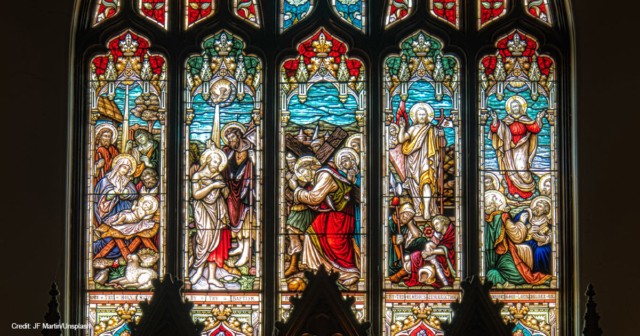
Since 2001, Gallup News has polled Americans on their belief in five prominent “religious entities” — God, angels, heaven, hell, and the devil. After their fifth poll, which took place in May of this year, Americans seem to be straying further from belief in religious entities, and thus, closer to uncertainty or even complete unbelief.
According to the poll, “74% believe in God, 69% angels, 67% heaven, 59% hell, [and] 58% the devil.” When comparing these results with the initial survey conducted in 2001, Gallup concluded that “belief in God and heaven is down the most (16 points each), while belief in hell has fallen 12 points, and the devil and angels are down 10 points each.” In addition to this information, a 2023 study done by George Barna at the Cultural Research Center of Arizona Christian University found that only 4% of Americans hold a biblical worldview, which has only recently dropped from the previous 6%.
Clearly, we are living in a time of depravity. Not in the sense of how humans are depraved on account of the fall in Genesis 3, but in the sense that Americans are deprived of truth while constantly being fed lies. Whether viewing these statistics from a biblical or secular worldview, the results shouldn’t be surprising.
From a biblical worldview, Christians see the enemy at work in the LGBT agenda, abortion industry, war on (biological) women, indoctrination of children, and many other aspects of society. In a short amount of time, these narratives crept their way to the surface of politics, education, and everyday life. Corrupt ideology is rampant among us, and it is difficult to escape from its gaping jaws without Scripture’s guidance.
But even from a secular worldview, the leftist agenda has been so loud that even those who were once neutral are now being swayed to adopt a distaste for religion. Again, not so surprising. Imagine straddling the fence of societal opinions when an army of “my truthers” come shouting their beliefs directly at you. The mere amplitude of their cries is enough to shove the indifferent onto the side of “inclusivity” and “acceptance,” even if solely out of fear of being hated or rejected.
“My body, my choice,” they scream.
“Gender and sexuality are subjective,” they proclaim.
“If you aren’t for us, then you’re against us and worthy of being canceled,” they threaten.
The list goes on for how these people tantalize those who disagree with them. They use the same tactics on the ones they see as vulnerable prey, just waiting to seize them with the bonds of worldly manipulation coordinated by Satan and his demons. To exasperate the matter, a sense of purposelessness plagues the unbeliever and often tempts the one who does believe. The 2023 Gallup poll only affirms this notion.
Regardless of what worldview one holds, it remains true that no human being enjoys feeling like they have no purpose. And yet, this is a common conundrum. If one does not find their purpose in Christ, Ecclesiastes makes it clear that all is vanity. For the one without God, purpose is impossible to find. So, when we see these statistics that say more Americans are committing to unbelief, or are trapped in uncertainty on what to believe, it is reasonable to attribute much of it to this desire of having purpose.
A biblical worldview comes with an agreed-upon objective of purpose found in Christ. Of course, the secular worldview has no objective truth, but rather a stream of various definitions of what purpose entails. David Closson, director of Family Research Council’s Center for Biblical Worldview, put it this way: “A fragmented worldview leads to confusion.” And this confusion is only becoming more prominent. As a result, we can expect the numbers of those who believe in spiritual entities to continue dropping as the heritage of biblical worldview becomes increasingly forgotten.
When discussing how Christians can respond to this reality, Closson noted two major obligations: to remember we live in a post-Christian world and to not take basic Christian doctrine for granted. “Even a lot of Christians probably don’t do well on these polls,” he said. “Why is that? Because people are not reading their Bibles and pastors are not giving theologically [rich] sermons.”
As Closson phrased it, Christians need to “re-double efforts in New Testament discipleship 101,” which he concluded is to preach the word, study the Bible, engage in Christian fellowship, and strive to strengthen our faith in and out of the church walls. Ultimately, if Christians don’t do what we know we are called to do according to Scripture, no one else will.
It is unlikely this poll will be the last of its kind conducted by Gallup. And it is likely the numbers will continue to fall. But rather than allowing it to serve as a hindrance to the Christian calling, may it fuel our hearts to good works, bold faith, and godly witness.
Christ’s church is being built as we speak — don’t you dare pull back now.
AUTHOR
Sarah Holliday
EDITORS NOTE: This Washington Stand column is republished with permission. All rights reserved. ©2023 Family Research Council.
The Washington Stand is Family Research Council’s outlet for news and commentary from a biblical worldview. The Washington Stand is based in Washington, D.C. and is published by FRC, whose mission is to advance faith, family, and freedom in public policy and the culture from a biblical worldview. We invite you to stand with us by partnering with FRC.

